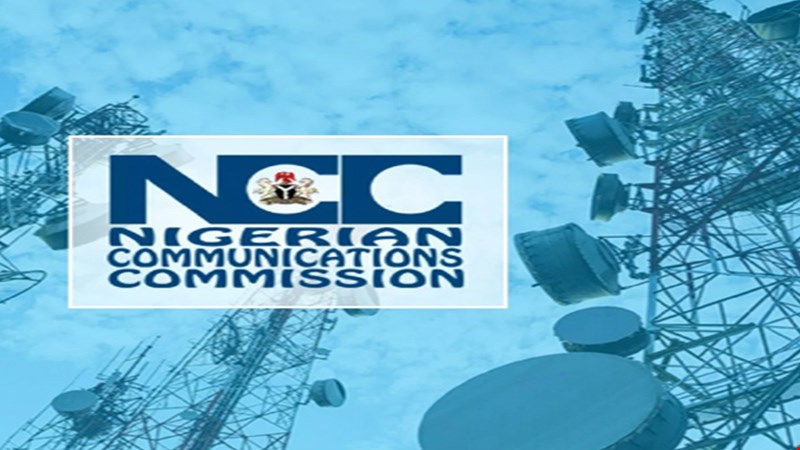Digital Economy: NCC commits to bridge connectivity gap

By Danjuma Katsina
@ Katsina Times
The Nigerian Communications Commission (NCC) has emphasised the significance of stakeholder partnerships and collaborations in attaining the Federal Government’s objective to attain improved network expansion, Broadband connectivity, and excellent service quality in the country’s telecoms system.
Dr. Aminu Maida, the Executive Vice-Chairman and Chief Executive Officer (EVC/CEO) of NCC, said this in his address at the recent launch of the Critical National Information Infrastructure (CNII) Protection and Resilience Workshop, held in the Office of the National Security Adviser (ONSA), in Abuja.
The workshop was organised by the National Cybersecurity Coordination Centre (NCCC) under the Office of Nigeria’s National Security Adviser.
Maida stated that the workshop series involving stakeholders would address the urgent need to adequately safeguard the Nigerian CNII in order to “drive the urgent implementation of the CNII Executive Order”, which President Bola Ahmed Tinubu signed recently.
Dr. Maida identified some extant factors affecting the achievement of such much-needed considerable and sustainable connectivity to drive the Nigeria Digital Economy.
The NCC EVC/CEO, also disclosed that the telecoms industry faces major challenges, including frequent fiber cuts, vandalism, theft, and restricted access to telecom facilities, among other issues undermining the network providers’ Quality of Service (QoS) and consumers’ Quality of Experience (QoE).
He averred that, “these issues hinder network expansion, limit connectivity, and affect service quality. Let’s work together to safeguard our connectivity.”
According to the NCC boss, beyond vandalism and theft of critical information infrastructure, “restricted access to telecoms facilities by property owners, communities, and government limits network expansion and maintenance.
“This hampers efforts to meet the growing demand for connectivity across Nigeria. Let’s bridge this gap!”
The telecoms sector regulator’s data revealed Nigeria’s Broadband penetration stood at 41.56 percent as of September 2024, falling short of the ambitious 70 percent target, which the Commission has set for 2025.
“As we aim to achieve ambitious national targets, including a 70 percent Broadband penetration rate by 2025 and a 22 percent GDP contribution by 2027, we know that the protection of our CNII is not only essential but inevitable,” Maida declared.
He therefore rallied the industry stakeholders to collaborate in addressing identified limiting factors that have undermined Nigeria’s efforts at bridging the digital divide, and achieving a broader Broadband penetration.
According to Maida, his leadership vision for the NCC is apparently focused on advancing collaborations with other critical sectors of the economy to drive innovation, efficiency, Quality of Service and consumers’ Quality of Experience.
At another forum, the NCC boss assured the telecoms industry stakeholders that his leadership would continue to encourage the Mobile Network Operators (MNOs) to seek ‘innovative ways to sustain their businesses’, while exploring a lasting solution to address their requests within the ecosystem.
In a bid to further unlock productivity and ensure diversification of the Nigerian economy, Dr. ’Bosun Tijani, Minister for Communications, Innovation and Digital Economy, also has hinted at the Federal Government’s plan to invest $2 billion to deploy a 90,000-kilometre fibre optic project across the country.
Dr. Tijani disclosed this development during his recent visit to Kano State on a tour of the vandalised Digital Innovation Park (DIP) of the NCC by irate youths during the nationwide protest in August 2024.
The Minister explained that the fresh investment in the project is aimed at expanding fibre optic cable capacity from 35,000km to 125,000km, to enhance the terrestrial fibre optic backbone, and improve Broadband connectivity in the digital environment.
Underlining the benefits of the project, Dr. Tijani further stated that the new investment in fibre optic cable capacity would herald considerable connectivity to telecoms consumers in communities, hospitals, and businesses, including agriculture in Nigeria.

